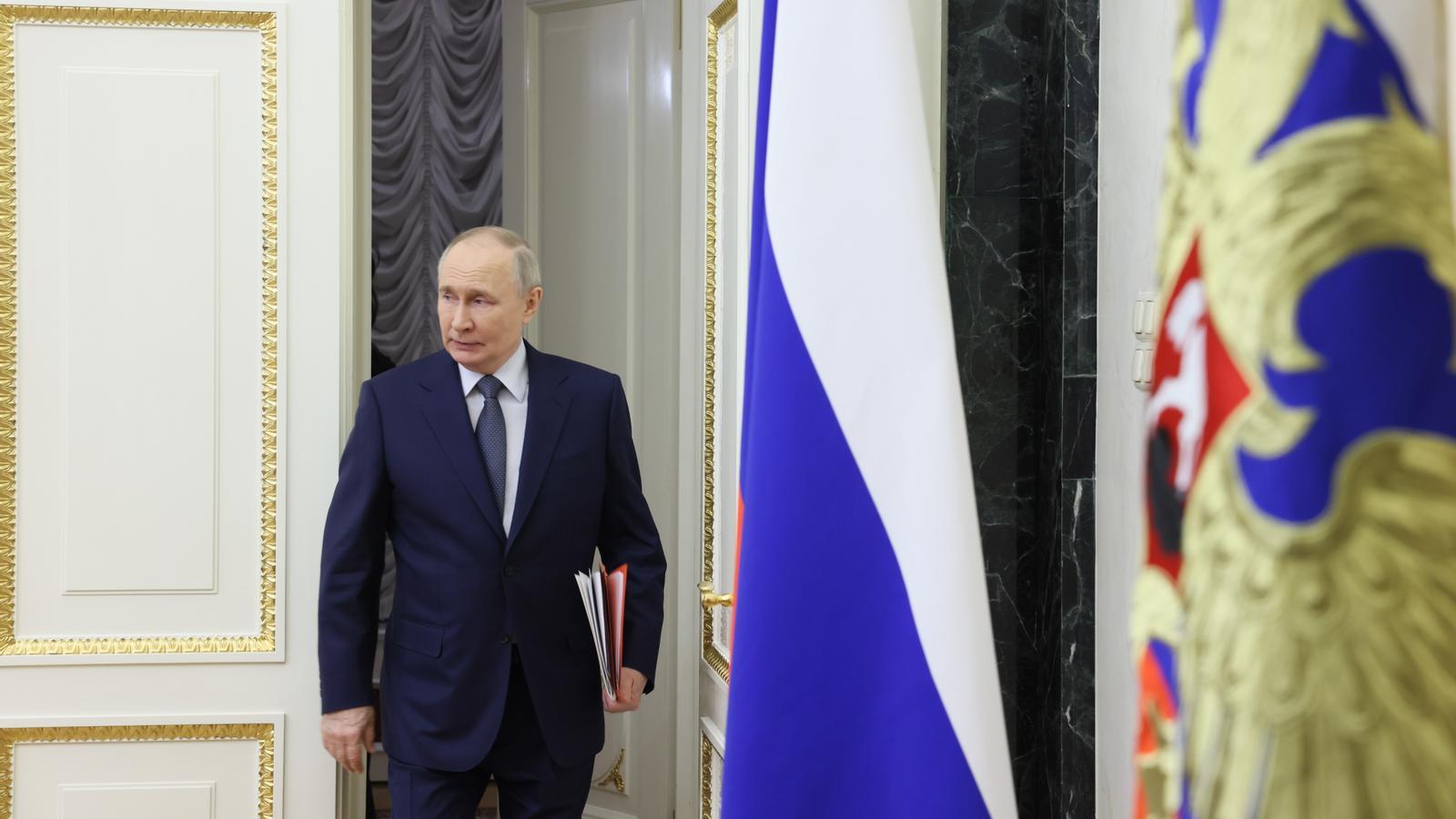Is it possible to achieve a minimal reconciliation with Russia?


I don't think we can simply return to the past after what happened in Ukraine, but I do believe that what is being decided now in most European countries, the European Union, and NATO will further distance us from Russia, which has officially become the new and only enemy to be feared and defended against as much as possible.
Within European political decision-making centers, has anyone considered that what is needed is precisely the opposite of what is being planned and committed to right now? In other words, why is no one willing to go to Moscow to negotiate with Putin a new European security framework that includes Russia, and put aside the project of rearmament or the threat of mutual destruction, since the nuclear equation has already entered into this process? Is it possible to rewind, remember what we achieved in the past with détente, listen to the concerns and needs of all parties, and reach a consensus to stop the mass hysteria and return to more intelligent reasoning, without compromising the social progress we so desperately need in Europe? Even if it's going against the grain, I am in favor of some politicians with responsibilities in their countries considering an alternative and going to Moscow to speak with Putin, listen to him, and see if he is capable, if presented with a serious alternative, of making decisions, responsibilities, and commitments that go against the current dynamic, which is extremely hostile from both sides. However, to do so, we must first consider what we would be willing to offer: an approach favorable to the demilitarization of the continent and in favor of shared disarmament, with clear rules of the game that guarantee stability in matters of European security, which would once again be shared.
What would be the requirements for a minimal reconciliation with Russia? The answer lies in the history of European security, in its evolution, in the shared security structures that had been formed in the past, and in the history of disarmament. It also involves understanding and recognizing the underlying reasons and repercussions of NATO's eastward expansion in the 1990s, among other aspects that have influenced the current situation. We can also perform other preliminary exercises. I propose four. First, although it may seem pretentious, read a book I wrote four years ago entitled Manufacturing the enemy, and which includes a chapter on the scaling processes in the formation of enemy images, with about a hundred steps (you'll notice that we're climbing the dehumanization scale very quickly). Second, read a book by Anne Morelli on war propaganda, to see the level of manipulation to which we may be subjected. Third, review the classic texts on conflict and negotiation theory, of which there are many good ones, to see how badly we're doing things and explore alternative approaches. And fourth, although it may seem unusual, ask artificial intelligence the following: "How can we reconcile with the enemy?" You'll be surprised by its truly intelligent response. The message I'm trying to convey is clear: it's always necessary to talk to the person we have declared. the enemy, however detestable it may seem to us. Russia has no intention of invading all of Europe. It's only concerned about its border neighbors. Let's make an interesting proposal on this disturbing aspect for Russia, while we all gain security without embarking on total rearmament. What's missing are people willing to travel with a briefcase full of proposals. And while those who should do so don't, I invite others to consider an alternative future for security in Europe, totally different from what is being proposed now, since it will lead us to greater confrontation and greater poverty, except for the arms manufacturers.
